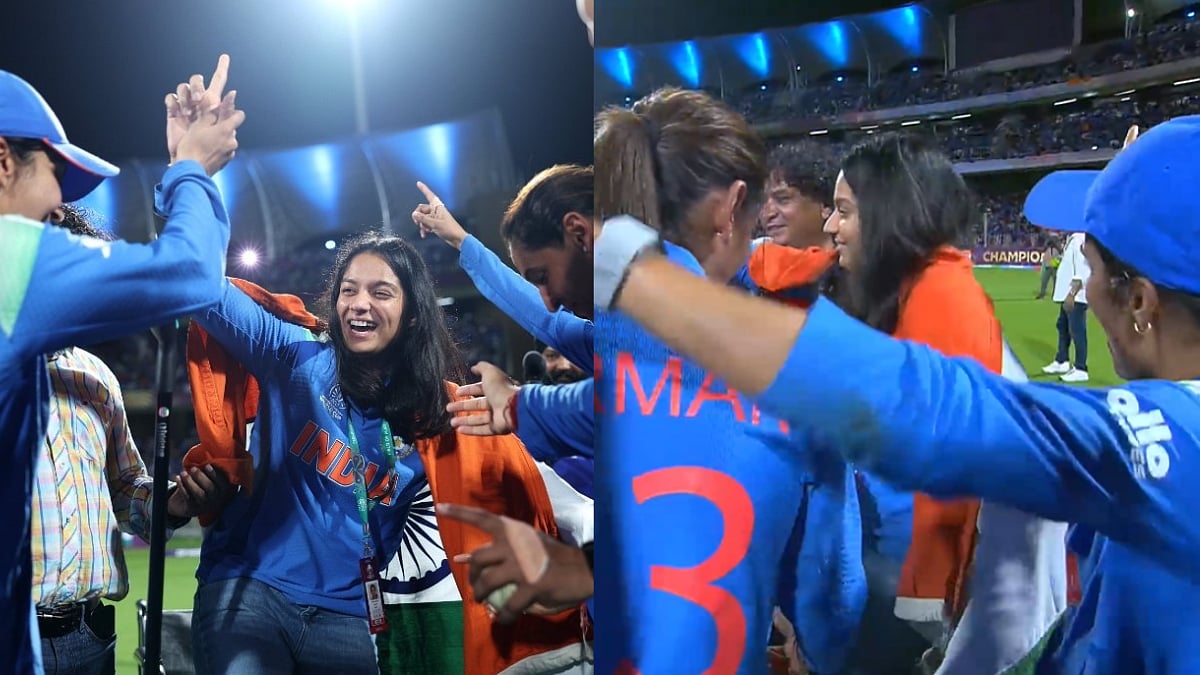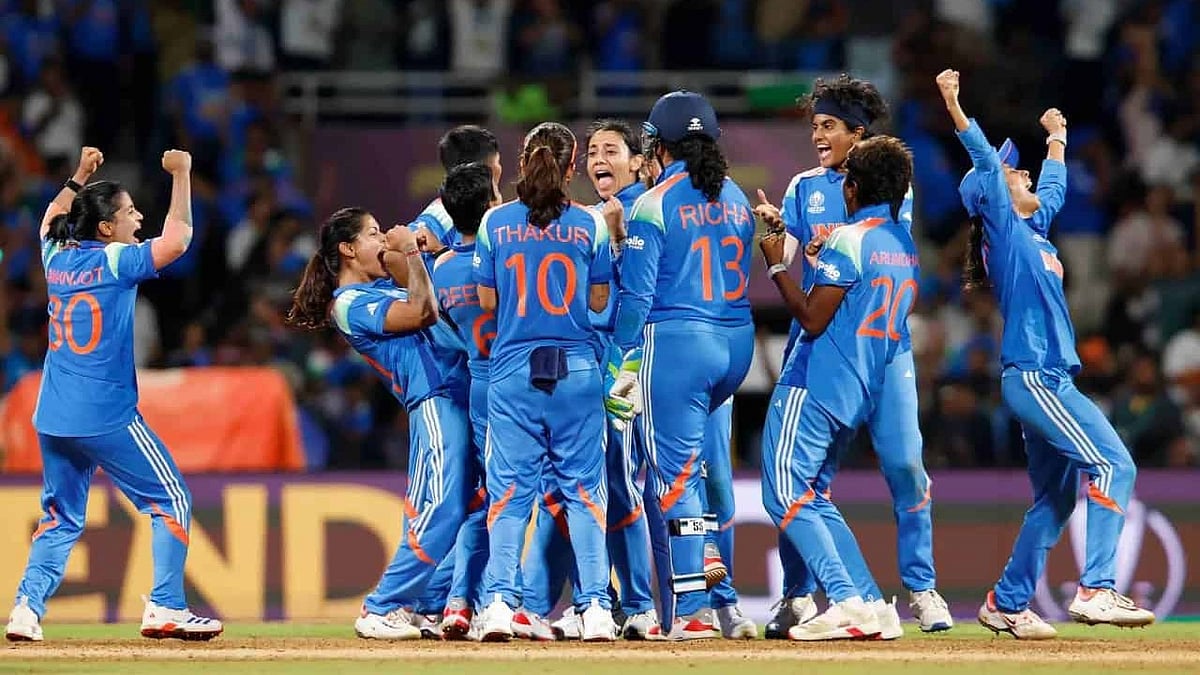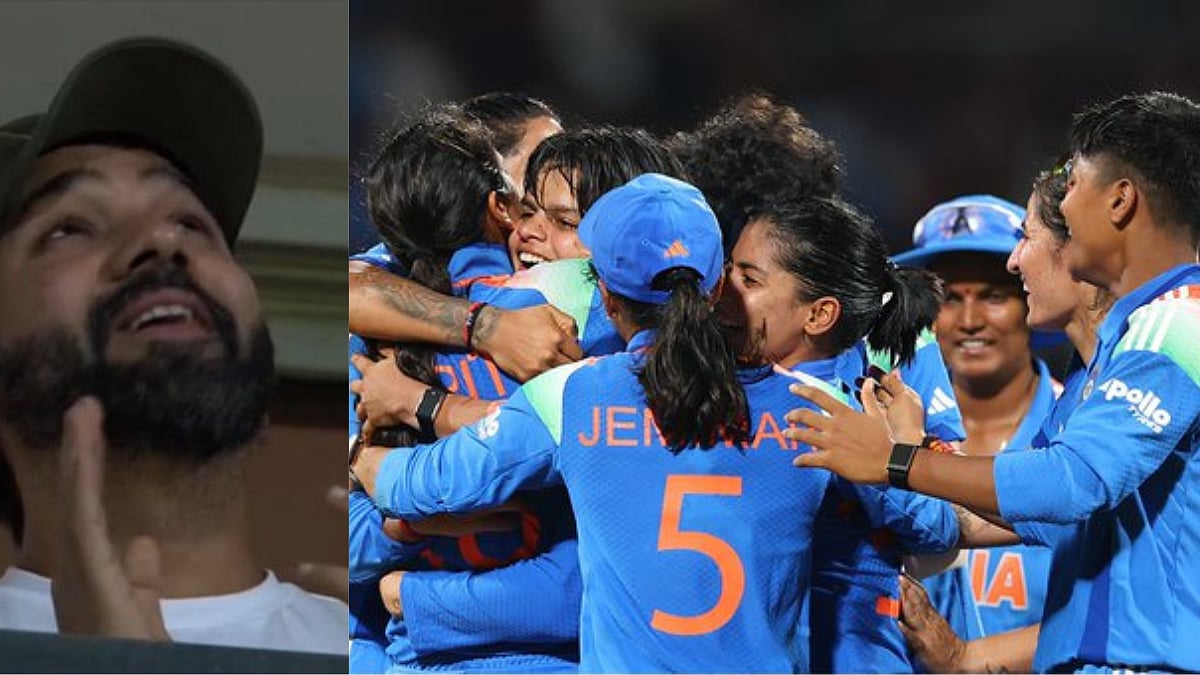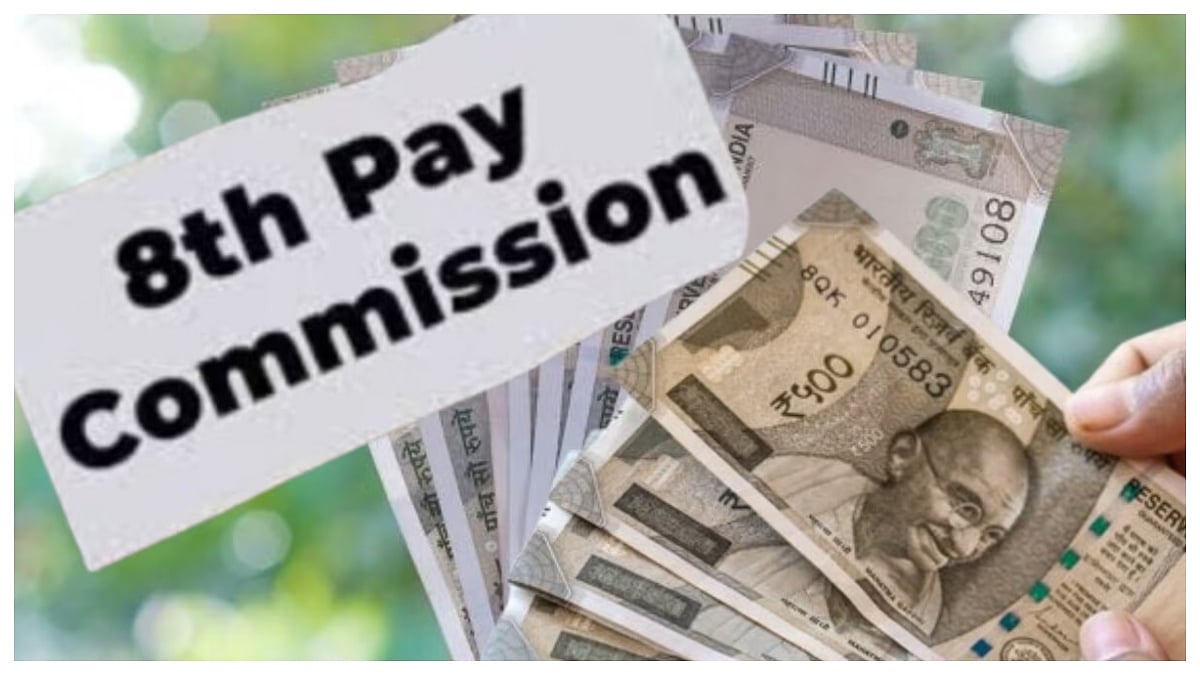I still remember one of the most significant debates in Rajya Sabha before the enactment of the 101st Constitution Amendment, and the aftermath of that terrific debate set the foundation stone of the country’s most significant post-independence tax reform. With the diversity we are proud to possess, the moot point remained whether India will be able to meet the principles of federalism while implementing this greatest tax reform of all times. These enigmas were deciphered by the uniqueness of the IGST model, one of the most innovative models witnessed by countries across, and the formation of the GST Council, which shielded the principles of cooperative federalism.
The Central Goods and Services Tax (CGST) and State Goods and Services Tax (SGST) applies to all transactions involving the supply of goods and services, except those specifically kept out of the GST purview. Equity in law does not envisage universal application. The principle of equality does not mean that every law must have universal application for all who are not by nature, attainment, or circumstances in the same position. The varying needs of different classes of persons require special treatment. It is in this context the principle of ‘intelligible differentia’ gained significance under GST.
As one of the greatest disruptors to the so-classed anarchical laws, the GST laws were not immune from interpretational and constitutional issues. The pragmatic action of the GST Council made several writs that were filed to address interpretational issues infructuous.
Another facet was to challenge the GST transitional provisions and the time limit prescribed therein. Delhi High Court allowed petitioners to avail credit and held that tax credits would fall within Right to Property under Article 300A. Interestingly, vested rights for credits were decided considering Article 300A. Similarly, writ petitions in different Courts were filed on constitutionality of Entry 62 of List II of the Constitution and principles of promissory estoppel with respect to entertainment tax benefits to amusement parks and multiplex owners. State Governments announced partial exemption pursuant to the writ petitions to allow some benefit to businesses.
There is another facet of Article 21 as well. The onus is upon the State under Article 21 to follow a fair, just and reasonable procedure prior before depriving any person of personal liberty. Article 21 can come to play for investigating a cognisable offence under GST Act in case Cr.P.C provisions are not followed. Indisputably, as a matter of a logical corollary, Cr.P.C. shall be followed for investigating a non-cognizable arresting for violation of certain provisions of the GST Act, could violate Article 21 of the Constitution. One of the most interesting cases on decriminalisation of statutes is before the Apex Court. The decision will be taken together by a three-judge bench for Customs, GST, and PMLA provisions.
The process of decriminalisation of tax statute (CGST Act) can be said to have commenced with the introduction of Rule 86A of the CGST Rules. Rule 86A to the CGST Rules, 2017 was introduced on 26 December 2019 so that there is no need to exercise power to arrest to protect the interest of the Revenue which was meant to be used sparingly and with utmost caution. A trite law that resorts to arrest is to be made in the ‘rarest of rare cases’, and such a draconian power cannot be exercised to supplant and prevent the need to take recourse to the ordinary law of the land.
While so much action was happening all around in these four years, we cannot take away the credit of the GST Council, which kept working relentlessly to address issues one after the other. Several writs were made infructuous due to the proactive approach.
The constitutional journey remained fascinating with exciting issues such as anti-profiteering and the taxability of intermediaries. Various writs were filed to challenge the constitutional validity of anti-profiteering provisions and orders of the National Anti-Profiteering Authority regarding the passing of benefits to end consumers by real estate, FMCG, Food & Beverages companies. Dozens of writs will be decided by Delhi High Court for both constitutionality and determination of the quantum of profits.
Another significant issue that impacts lakhs of service providers in India is the constitutional validity of the supply for intermediary services. Interestingly, the two-judge bench of Bombay High Court was divided on its opinion and Gujarat High Court has agreed to hear the review petition. This unquestionably shows the complexity of constitutional questions posed by the new law. As we wait with bated breath to see the outcome of these interesting tax issues of all times, the generations ahead will undoubtedly learn drastically from the challenges posed by the new law in these four years!
(Abhishek A Rastogi, Partner at Khaitan & Co)









